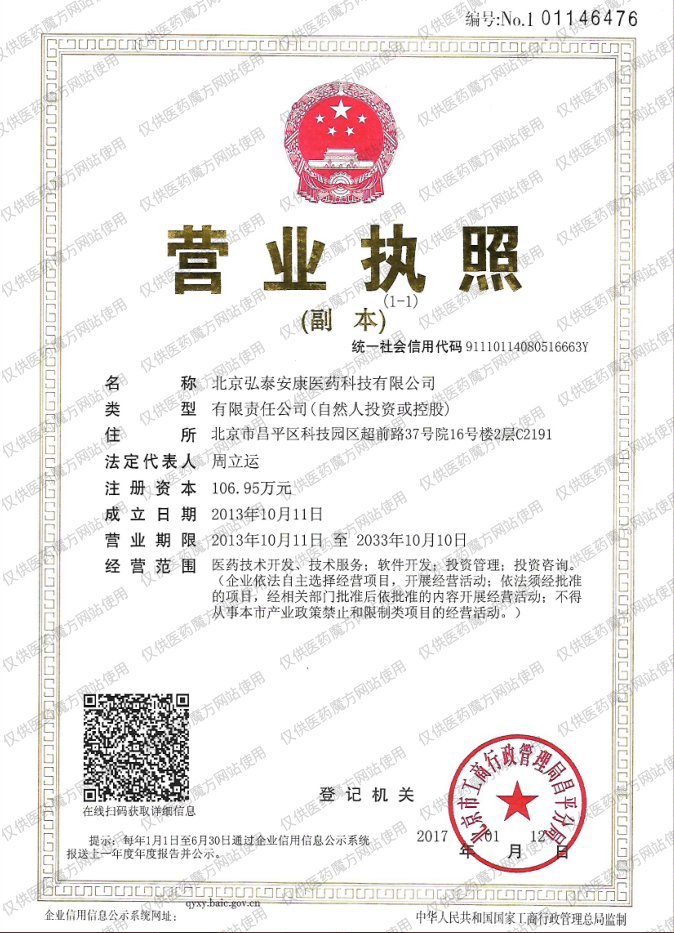Encouraging early data for Amgen’s BiTE therapies
Including first-in-man data from prostate cancer drug

Amgen has showcased some encouraging early stage data from candidates based on its novel bispecific T cell engager (BiTE) platform at ASCO.
Bispecific antibodies are one of the most promising emerging areas in immuno-oncology, with numerous biotechs and pharma companies developing their own variants of the technology. The potential is for the treatments to show superior efficacy to traditional antibodies, while having easier administration and fewer side-effects than CAR-Ts.
Amgen’s BiTEs work by attaching themselves to both a cancer cell and T cell, bringing them together so the body’s immune system can kill the cancer.
The company has more than a dozen BiTE molecules in clinical development across a range of haematological malignancies and solid tumours.
The most advanced of these is AMG 420, a candidate for patients with relapsed and/or refractory multiple myeloma (R/R MM), which has already caught attention with some promising early data at the ASH congress in December.
Analysts said that data suggested it could be a potential competitor with CAR-T treatments for multiple myeloma, most notably the Bluebird/Celgene frontrunner bb2121.
Amgen has presented new safety and efficacy results from its dose escalation trial which showed the drug was tolerable at the 400 µg/d dose, midway in the dosing range up to top end of 800 µg/d.
The updated readout showed that AMG 420 induced clinical responses in 13 of 42 patients across the dosing cohorts. Of the six patients that achieved a minimal residual disease (MRD)-negative complete response (CR), five were treated at the 400 µg/d dose. One patient achieved a very good partial response at this dose, and one achieved a partial response.
Overall, the results have led investigators to recommend further trials of AMG 420 to proceed at this 400 µg/d dose.
However as was seen when the study was presented in December, the immune-system stimulating treatment also produces relatively high levels of serious adverse events (AEs). These were reported in 19 patients (45%), with sixteen required hospitalisation and four needing prolonged hospitalisation.
No grade 3 or 4 central nervous system toxicities were observed but infections were seen in 13 patients, peripheral polyneuropathy in two patients and a Grade 3 cytokine release syndrome (CRS) was seen in one patient. If the BiTE technology is to mount a strong challenge to CAR-Ts, Amgen will want to demonstrate a superior safety profile to the cell therapies.
Analysts say it is too early to call on efficacy right now, as patients enrolled onto the AMG 420 trial have an average of four prior lines of therapy, while those treated in trials of Bluebird’s CAR-Ts had seven or more, with a slightly higher proportion of the latter group also failing on Johnson & Johnson’s fast-growing myeloma therapy Darzalex (daratumumab).
Amgen has FDA fast-track status for AMG 420, and intends to accelerate enrolment into an expanded study population that will include patients in earlier lines of therapy.
There were also initial results from a first-in-human trial of AMG 212 (pasotuxizumab) in metastatic castration-resistant prostate cancer (mCRPC).
In the trial, 16 patients with mCRPC were enrolled into five dosing cohorts, with a target dose range of 5 to 80 µg/d delivered by continuous intravenous infusion.
AMG 212 showed clinical activity, a dose dependent response in key prostate cancer biomarker PSA, and two long-term responder patients.
Recruitment in the trial was stopped before maximum tolerated dose was reached to allow the set-up of a new Amgen-sponsored study.
Other BiTE’s in Amgen’s pipeline include AMG 596, which targets epidermal growth factor receptor variant III (EGFRvIII) in glioblastoma (GBM), and AMG 757, which targets delta-like ligand 3 (DLL3) in small-cell lung cancer (SCLC), with data presented on the candidates at ASCO poster sessions.
安进在 ASCO 展示了一些令人鼓舞的来自候选药物的早期数据,这些数据基于其新型双特异性 T 细胞衔接器 (BiTE) 平台。双特异性抗体是免疫肿瘤学中最有前途的新兴领域之一,众多生物技术和制药公司开发了自己的变体技术。这种治疗方法的潜力在于显示出比传统抗体更好的疗效,同时比 CAR-Ts 给药更容易,副作用更少。安进的叮咬是通过同时附着在一种癌细胞和 T 细胞上,将它们聚集在一起,这样人体的免疫系统就可以杀死癌症。该公司有十多个 BiTE 分子正在临床开发,涉及一系列血液恶性肿瘤和实体瘤。其中最先进的是 AMG 420,它是复发性和/或难治性多发性骨髓瘤 (R/R MM) 患者的候选药物,在 12 月的 ASH 大会上,它已经以一些有前景的早期数据引起了人们的注意。分析师表示,数据表明,它可能是 CAR-T 治疗多发性骨髓瘤的潜在竞争对手,最引人注目的是 Bluebird/Celgene frontrunner bb2121。安进公司已提交其剂量递增试验的新安全性和疗效结果,该结果表明,在最高剂量 800µg/d 范围内,400µg/d 剂量的药物可耐受。更新后的读数显示,在各剂量队列中,AMG 420 诱导了 13/42 例患者的临床应答。在达到微小残留病 (MRD) 阴性完全缓解 (CR) 的 6 例患者中,5 例接受 400µg/d 剂量治疗。1 例患者在该剂量下获得了非常好的部分缓解,1 例患者获得了部分缓解。总之,结果促使研究者建议在 400µg/d 剂量下继续进行 AMG 420 的进一步试验。然而,正如在 12 月提交研究报告时观察到的,免疫系统刺激治疗也产生了相对高水平的严重不良事件 (AE)。19 例患者 (45%) 报告了这些并发症,其中 16 例需要住院,4 例需要延长住院时间。未观察到 3 级或 4 级中枢神经系统毒性,但在 13 例患者中观察到感染,在 2 例患者中观察到周围多发性神经病,在 1 例患者中观察到 3 级细胞因子释放综合征 (CRS)。如果 BiTE 技术要对 CAR-Ts 发起强大挑战,安进将希望证明其安全性优于细胞疗法。分析人士表示,现在说疗效为时尚早,因为入组 AMG 420 试验的患者之前平均有 4 线疗法,而那些在 Bluebird 的 CAR-Ts 试验中接受治疗的患者有 7 线或以上,后者组中略微更高的比例在强生的快速增长的骨髓瘤疗法 Darzalex (daratumumab) 上也失败了。Amgen 拥有 AMG 420 的 FDA 快速通道地位,并计划加速入组扩展研究人群,该研究人群将包括接受早期治疗的患者。AMG 212 (pasotuxizumab) 在转移性去势抵抗性前列腺癌 (mCRPC) 中的首次人体试验也获得了初步结果。在试验中,16 例 mCRPC 患者入组 5 个剂量队列,目标剂量范围为 5-80µg/d,通过连续静脉输注给药。AMG 212 显示出临床活性,即关键前列腺癌生物标志物 PSA 的剂量依赖性应答,以及 2 例长期应答患者。在达到最大耐受剂量前停止试验招募,以便建立新的安进申办的研究。安进公司正在准备的其他 BiTE 包括靶向胶质母细胞瘤 (GBM) 中表皮生长因子受体变异体 III (EGFRvIII) 的 AMG 596,以及靶向小细胞肺癌 (SCLC) 中 δ 样配体 3 (DLL3) 的 AMG 757,数据将在 ASCO poster 会议上公布。

扫码实时看更多精彩文章



